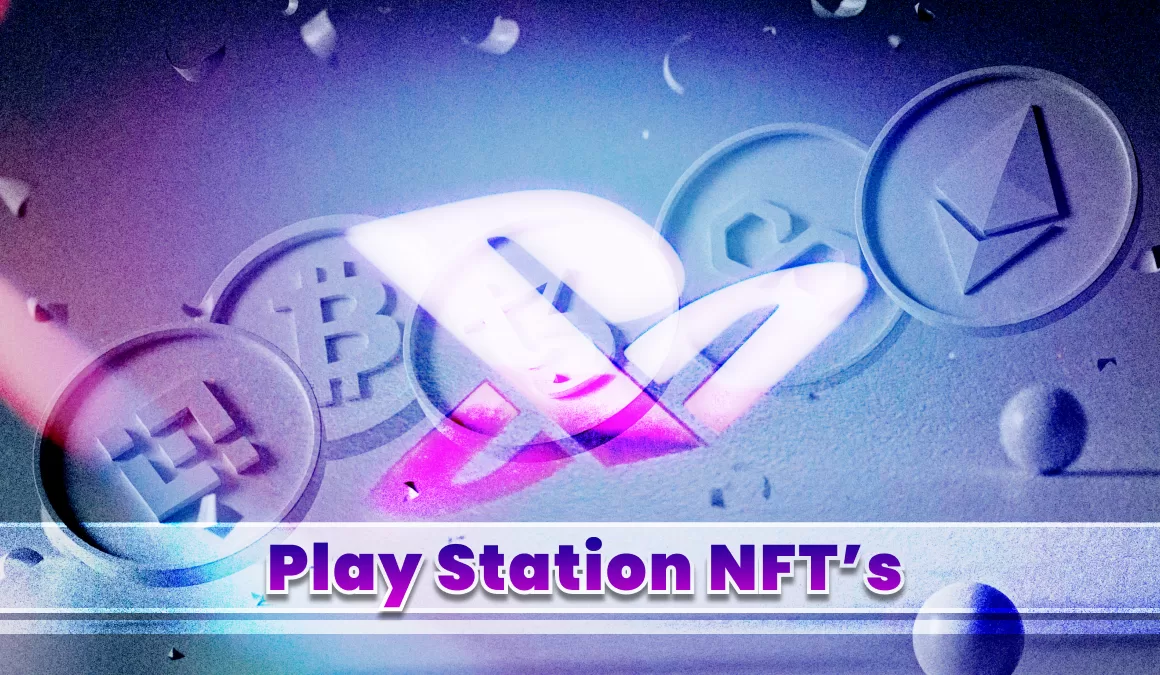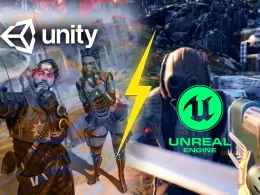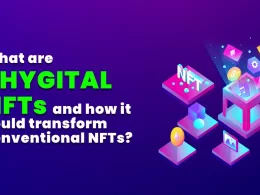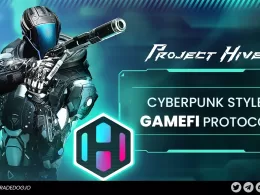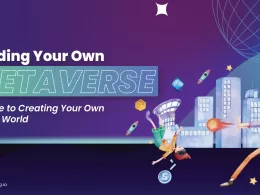You may be wondering what the integration of NFTs and Playstation would look like. Some may believe it would just be a matter of time until all gaming platforms adopt this technology. But, due to the infancy of NFTs, such a move by Sony could potentially trigger other gaming platforms to follow suit and also adopt this technology. It’s still early days for NFTs, but it is interesting to see how this has unfolded into reality
Sony PlayStation NFT
Sony Interactive has finally seen the publication of a United States patent titled “Tracking Unique In-Game Digital Assets Using Tokens on a Distributed Ledger,” which was submitted with a July 2021 application date. The patent abstract describes the desire to have a mechanism for “tracking digital assets associated with video games,” such as “in-game items or characters.”
Meanwhile, this latest filing was made in the midst of a bull market, and given the previous year’s crypto conditions, it wouldn’t be surprising if the major global gaming firms are putting the brakes on any initial crypto strategy. While Sony is likely to be exploring crypto avenues in the long run, the probability of seeing Sony Interactive and subsidiaries like PlayStation specifically have low chances of a move in the near term. However, the gaming console sphere is relatively small. This latest patent places PlayStation near the top of the list of potential gaming systems to host FNTs or blockchain-related technology.
Sony’s move come as Microsoft Corporation, which does own the Xbox console, distances itself from NFTs. It also owns Minecraft maker Mojang and has recently prohibited NFT integration due to its speculative pricing and investment mindset observed.
Hurdles for Gaming Giants to Adopt NFTs
There are some title-specific challenges that NFTs in gaming will face, and while it is likely no quick roadmap for titles or consoles, a standardized system would likely begin at the top (consoles) and work down.
These challenges include gaming speculation, which has traditionally been reserved for specific titles, understandably. After all, case studies for NFTs have largely focused on the potential of specific titles: experts cite consumers’ willingness to pay for digital items across titles such as Fortnite or CS:GO – rarely does the NFT conversation begin with Xbox or PlayStation. However, because NFTs drive ownership, how does one own their in-game skin across multiple titles? How does ownership transfer from one title to the next if the developers and publishers are not the same?
Sony’s patents do not guarantee that NFTs will be available in games anytime soon, or that users who purchase in-game items such as skins and weapons will be capable of selling them on the blockchain. The patent filings could be a positive step toward seeing the gaming industry accept and adapt to web3 technology.





